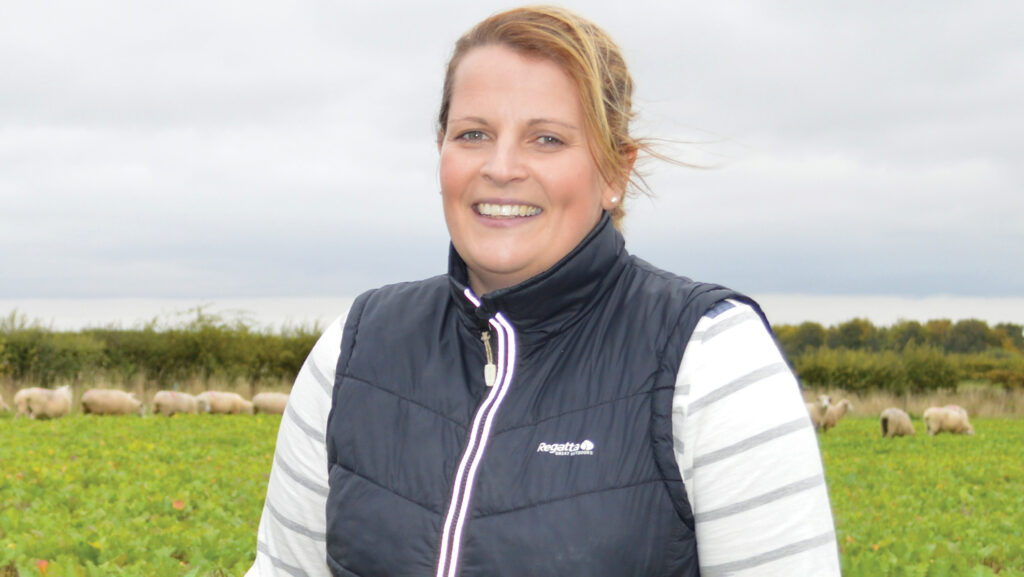Opinion: Let’s lobby to stop the ‘race to the bottom’ by retailers
 Jo Franklin © MAG/David Jones
Jo Franklin © MAG/David Jones Studying for an MBA module about the failure of Walmart to succeed in Germany brought a fundamental piece of legislation to my attention.
Part of the reason Walmart failed in that country was its “race to the bottom, discount retailing” business model. In the UK and US, this is common.
It allows retailers to sell products at any price they wish.
See also: Opinion – farming’s mistake has also been believing it is different
Across much of Europe, it is illegal to resell at a loss, which prevents a price war and the resulting pressure on prices paid to farmers.
Without the ability to compete purely by cutting the price of headline products such as bread, milk, fruit, vegetables and meat, Walmart’s offering was less appealing than competitors, who concentrated more on quality and service.
Ultimately, they withdrew from the market.
Where this law exists, it obviously protects the farmers in those countries from the retailers’ “basket comparison” marketing that we see puts raw ingredients and everyday basics under such pressure, while profiteering on their own-label items and heavily processed products.
But what about the customers?
A food shop is no more expensive in the European countries where this law applies than here in the UK. The biggest difference is the profit levels of the retailers.
Intermarché turns over about €40bn with an earnings before interest, taxes, depreciation, and amortisation (Ebitda) of 2.2%.
Asda’s turnover is about €25bn, with an Ebitda of €1.25bn, or 5%. Tesco and Sainsbury’s are also around the 5% level.
So in addition to the bad behaviours often exhibited by the supermarkets, extending payment terms and cutting supply contracts – which both Lidl and Aldi have been in court for recently – it seems even with the Groceries Code Adjudicator (supermarket ombudsman) in place the law is stacked against us.
A law we could be lobbying to change.
Looking at reports from the big companies involved in our supply chains, you see healthy profits.
The war in Ukraine and the cost-of-living crisis have allowed many to revive profit margins to pre-Covid levels, behind the smokescreen of inflation.
The retailers have kept prices paid to farmers for goods artificially low and below the cost of production, allowing government funding to make up the shortfall on farms, so the “support” they have offered the NFU’s inheritance tax campaign has been hollow.
If they truly supported the cause rather than purely its outcomes of higher farmgate prices, they would have offered to make changes in-store to benefit those for which they feigned support.
So if we as farmers want to survive in this vice, wedged between our massive supermarket or merchant customers (the “ABCD” group of ADM, Bunge, Cargill and Louis Dreyfus) and our enormous supply companies, Cargill, Syngenta, Corteva, Bayer, Agco, Nutrien (to name a few), we need the law on our side.
This should be the focus of our lobbying groups.
Preventing retailers selling our produce below cost of production will return some of the customer spend back to farms, as it does in Europe, allowing these businesses to be profitable.
The use of not-for-profit member co-ops will be vital in the future of UK ag, led by smart and dynamic boards, trained in the art of negotiating and definitely not led simply by those who happen to be the biggest growers in the group.
You only have to look back at previous attempts at this to understand its shortfalls.

